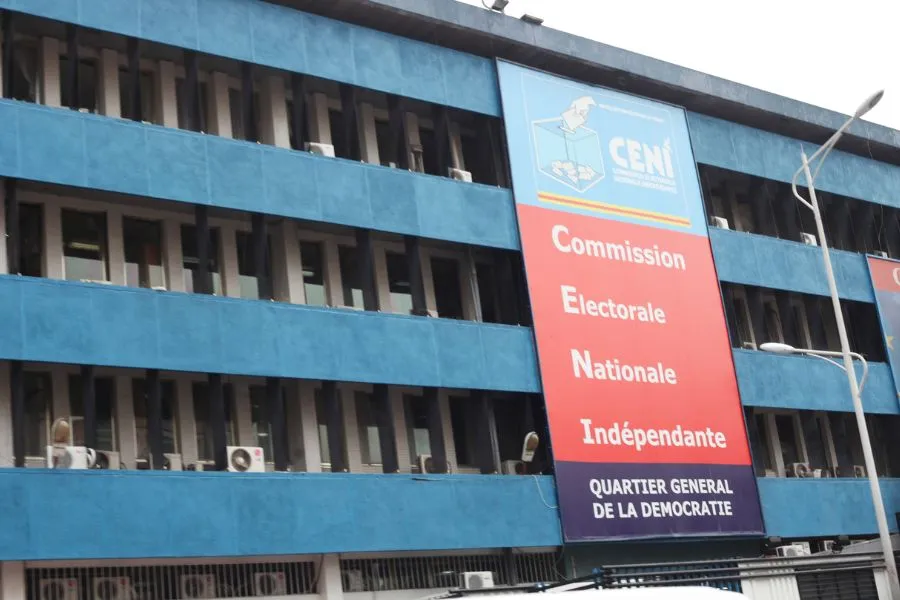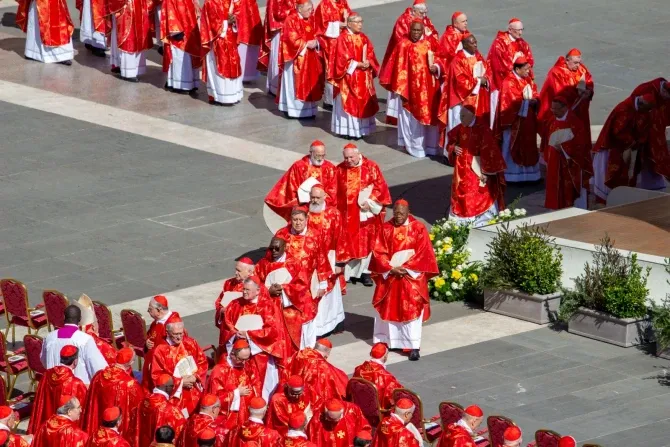“It is in the interest of CENI and the electoral process itself that an independent body with experience in the field be identified and invited to carry out this work in a timely manner, involving a few national experts, respecting the conditions that preserve national sovereignty, without offending the independence of the body,” CENCO members say.
They explain, “The external audit of an electoral register is part of the good electoral practice. Many African countries where there is mistrust between political actors and a lack of public confidence in the process resort to it.”
“The audit of the electoral register has allowed several states to reach a consensus on the voters' lists and to restore public confidence in the electoral process and the resulting results, which is what the CENI and the electoral process in DR Congo need today,” the Catholic Church leaders add in their statement read out by the Secretary General of CENCO, Fr. Donatien Nshole.
They note that the auditing “is normally conducted by an independent organization or agency selected in a transparent manner, in accordance with the principles of CENI’s call for applications and its terms of reference.”
In their May 11 statement, Catholic Bishops in DRC recall that “the constitution of an electoral register is often the subject of much controversy in most African countries.”
“The identification and enrolment of voters have not escaped this reality, given the conditions in which it took place and the positions taken by certain political and civil society actors,” CENCO members say.
Making reference to the conditions for appointing the members of the audit mission, the Bishops say, “Item 17 of the Call for Applications for the External Audit Mission published by CENI clearly indicates that the electoral center will recruit and organize consultants to conduct the audit of the register compiled by CENI.”
In addition, CENCO members say, “Point 14 will allow CENI to censor the methodology of the audit (it must validate it) and the resulting report (it must approve it).”
The Catholic Bishops in DRC note that “these provisions are in contradiction with another provision of Point 17, which requires that no stakeholder be in a conflict-of-interest situation.”
They also say the six-day period to carry out the audit mission “seems insufficient to analyze the legal and regulatory framework, including all related procedures, to evaluate the uniqueness of each voter in the sample (regardless of size), to assess the inclusiveness, accuracy, and completeness of the file, and to draft the various reports.”








